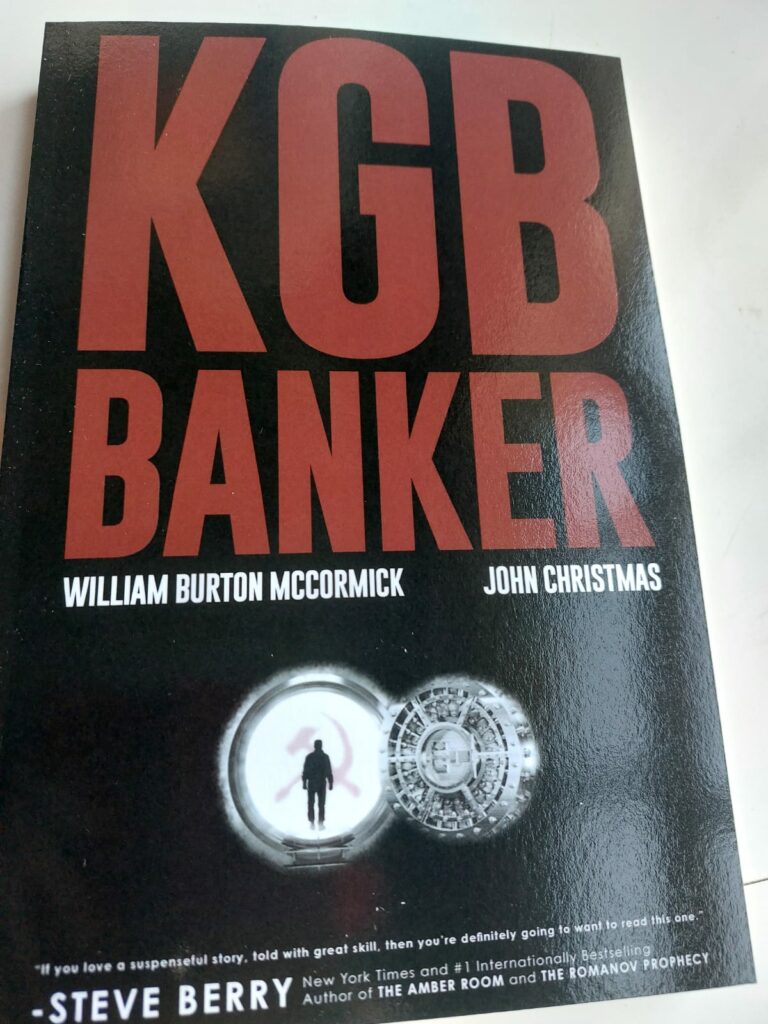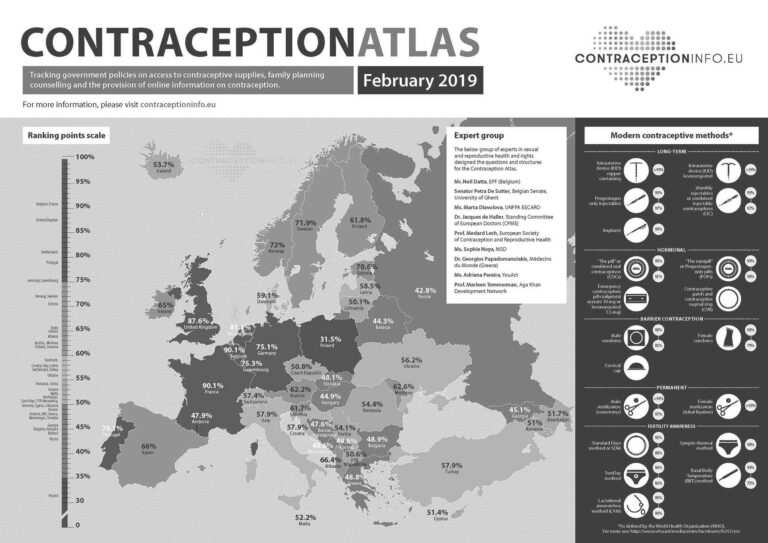Based on an interview conducted by Anna Maria Galojan with John Christmas.
A whistleblower who fled with his family and is still keeping his location hidden after he exposed a group of Putin cronies who were key players in his destabilization of the West has written a book.
Author John Christmas had been shocked at the level of fraud being carried out at Latvia’s Parex Bank after he had started working at the institution which had links to Vladimir Putin.
But when he tried to expose it, he was forced out in 2004, and fled Latvia with his family in 2005.
The bank eventually collapsed in 2008, in part because of the fraud that he exposed, but despite being proven correct he was never recognized and still keeps his address secret.
Now, years later, he has written an account about money laundering in the Baltic States by Russian criminals and the KGB/FSB that will technically be sold as a work of fiction in order to avoid legal challenges by the powerful men he showed were involved in the banks collapse.
Entitled ‘KGB Banker’, it is is co authored by the whistleblower Christmas, a former Latvian/American banker. The novel outlines how billions of stolen and laundered funds were diverted through Latvia with the collusion and knowledge of the then Latvian Government and subsequently covered up by successor governments.

Scandals over allegations and examples of massive money laundering through banks in the Baltic States are well known, if only because when the US Treasury imposed restrictions and the withdrawal of the use of dollar accounts, these banks collapsed.
Specifically, these included ABLV Bank in Latvia and the Danske Bank in neighbouring Estonia where a whistleblower alerted the authorities.
As far back as June 2007 The Central Bank of Russia had even alerted the Danish FSA about money laundering problems in Estonia who forwarded the alert to Danske Bank’s head office, but these were ignored by letter dated 27.08.2007.
This was highlighted in the report of Bruun & Hjejle commissioned by Danske Banke on 19.09.2018. Danske had taken over what was then the Sampo Bank from Finland and renamed it. The problem with the Estonian branch was the predominance of the non-dom accounts, a problem also duplicated in Latvia.
So the question arise as to why these two EU member states and NATO members permitted this?
Look no further than the collapse of Parex Bank in Riga some years earlier. The story as it unfolds in the book deals with corruption at the highest levels in Latvia with allegations of death threats woven into this narrative.
The co-author John Christmas is an American born in Chicago but with Latvian roots. He was one along with many others who after the collapse of the Soviet Union decided to return to his homeland with western developed skills in commerce and education, and use these to benefit emerging Latvia.
He describes himself as a former banker and says he knew the current Latvian Prime Minister Krisjanis Karins through the Latvian/American community. He also knew the Prime Minister’s wife because she was his family doctor.
So when he discovered massive fraud in Parex he alerted firstly Ernst & Young, and then Karins who was Minster of the Economy at that time by email in January 2006. He also sent his complaint to the General Prosecutor in May 2005, claiming that he had received death threats
Christmas observed fraudulent lending to bank insiders connected with Russian organised crime figures with the bogus loans representing payoffs and the results of embezzlement.
But for Christmas, the drama started in 2004 when he first gave details of bank looting to Ernst & Young Baltics.
He then went on a two-week holiday to Argentina expecting that E&Y would be able to shut down the Laundromat at least to minimise their liability. To his surprise and dismay on his return, he found that E&Y did nothing. He then started giving up names relating to criminal money laundering. When all of his endeavours failed, in 20005 he emailed several Latvia departments through to 2006. He claims he sent emails to the British, German US and Swiss Governments. He goes on to say he was also interviewed by people from the US and U.K. Governments who refused to take action and never explained why they did not.

Christmas says that after E&Y refused to act he started a process which continues to this day of notifying auditors and ratings agencies as well as Government departments in many countries as well as journalists about the massive frauds.
He says that originally he felt alone but says that there are other activists now working to expose corruption. He says the only person who went to prison because of the Parex fraud in Latvia was a folk singer who protested the thefts!
The current Prime Ministers wife as mentioned earlier was also his G.P. When he told her he had blown the whistle and that he needed to flee the country with his family because of threats she helped him endorse a document for him permitting them to move to another EU country, initially Spain. Christmas says he has received many threats because of his exposure and campaign over the years But the most frightening one was when a former colleague at Parex told him people at the top were asking about his family and his movements.
Christmas says that in 2009 the EBRD decided together with the Latvian Government to cover up the looting of Parex by announcing it had done due diligence into the assets of Parex and found assets were valuable so they “invested” in a stake in Parex. But a year later it was discovered that half of the assets of Parex including the ones listed in Christmas’s whistle blowing were in fact fake. And that the EBRD bail out was also fake.
EBRD paid the money into Parex based on the asset value but secretly regarded it as loan to the Latvia Government which had to be repaid in full. The losers are the Latvian people. These dodgy deals are not new to the EBRD as they have been involved in many others including Russia. The Latvian Government could have saved billions had they listened to him he further asserts.
These accusations and assertions of Christmas were put to the Latvian Government through the Embassy in London on the 7th of February last by email and were directed to Prime Minister Karins with attachments following a conversation with a diplomat at the Embassy. So far neither an acknowledgement nor any response has been received.
Would he have done anything different now? Christmas says he would have flooded the Internet first without going to the regulatory authorities and put it online even anonymously. Then, everyone would know and a cover up would have been impossible.
The Ananova page is created by and dedicated to professional, independent freelance journalists. It is a place for us to showcase our work. When our news is sold to our media partners, we will include the link here.




